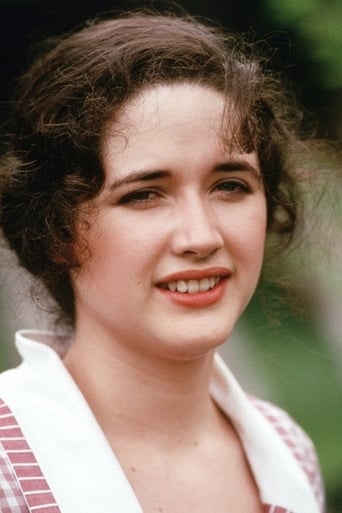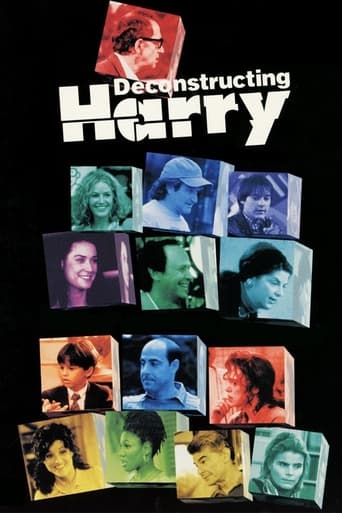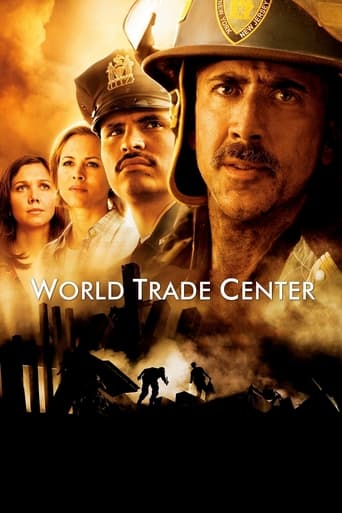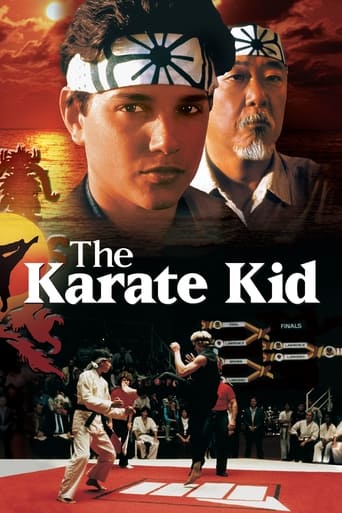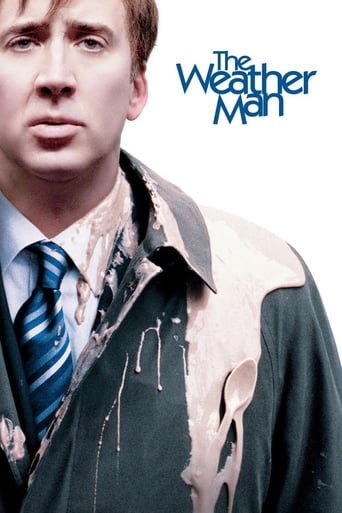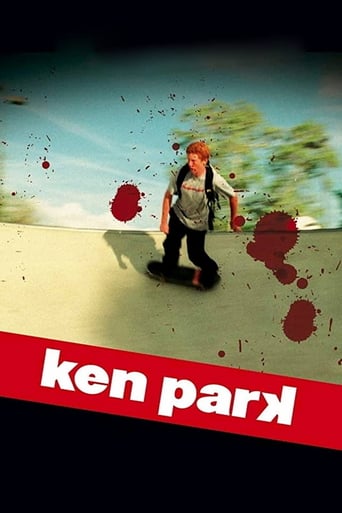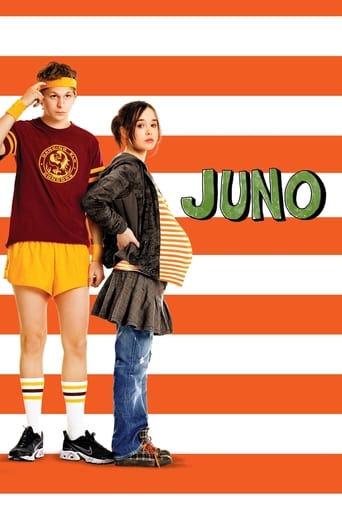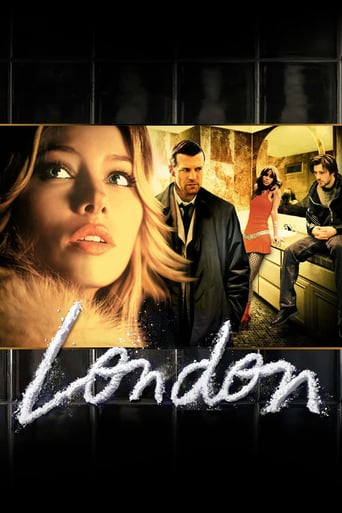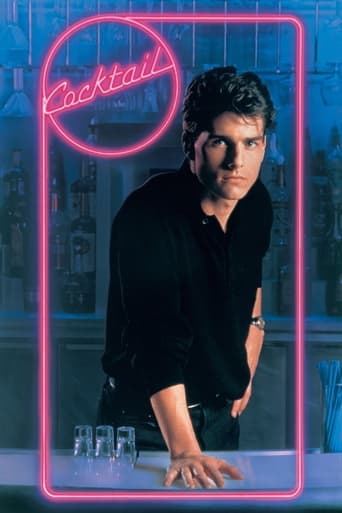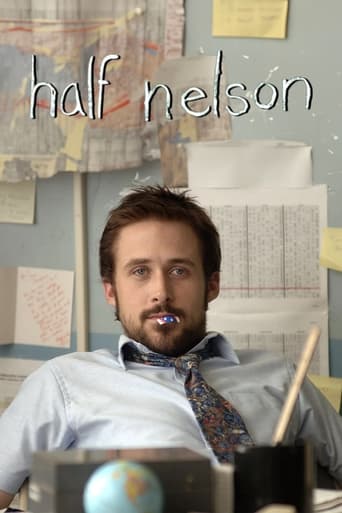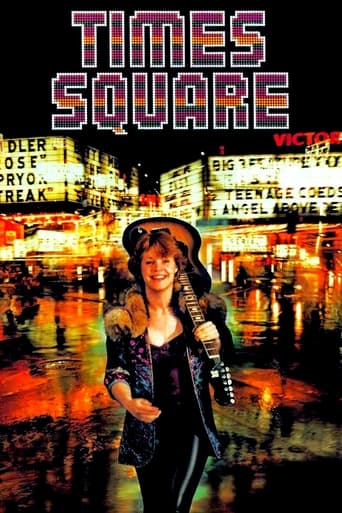
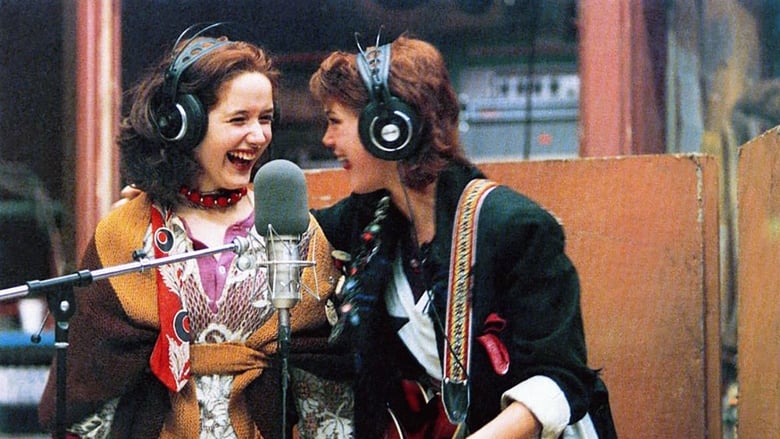
Times Square (1980)
When a 13-year-old girl befriends a defiant antisocial child of the streets, the mismatched runaways set off to the Big Apple to find their own adventure.
Watch Trailer
Cast


Similar titles
Reviews
I just saw Times Square, on DVD recently. What a blast! It's a film centered around teen rebellion, in NYC during the end of the 70s. In that era, New York's Time Square, where the film took place, was seedy and run-down. And yet it also swirled with a crackling, decadent energy.Two young teens are the main protagonists in the movie. There's Pammy Pearl, who's an insecure, affluent adolescent. Her dad, is a smarmy politician. He promises to 'sanitize' Times Square, to help further his own political ambitions. Pammy's father is oblivious, to his daughter's typical teenage emotional tribulations. So, he has her placed in a local hospital, for neurological tests.Once there, Pammy meets Nikki (brilliantly played by Robin Johnson). Nikki is a wild, orphaned teen, who has had run-ins with the law. She's considered incorrigibly rebellious, by her social worker. And she's also placed in the hospital for a neurological evaluation, by her misguided social worker. Pammy and Nikki, end-up sharing the same room at the hospital. At first, Pammy seems alarmed by Nikki, and her wacky habits (she casually eats flower petals, while Pammy looks on in bewilderment). But Pammy is secretly fascinated by Nikki, even writing poetry about Nikki in her diary. Nikki peeks at Pammy's diary one day, when Pammy's asleep. Nikki's impressed that Pammy expresses admiration for her, in her poetry.One day Nikki decides to run away from the hospital. She urges Pammy to join her. The two flee in an ambulance that they stole from the hospital parking lot, with Nikki driving recklessly through the streets of NY. Taking up residence in an abandoned warehouse, Nikki and Pammy learn to survive on their own. And they develop a friendship so intense, that it has romantic overtones.Meanwhile, Pammy's father is engaged in a frantic search for his daughter. He thinks that Pammy's been kidnapped by Nikki. Pammy keeps in contact with her father through cryptic poems, that she supplies to an all-night radio DJ in Times Square. Pammy has listened to this DJ on the radio regularly. Pammy considers his show to be a sort of catharsis, for her teenage angst. The DJ (played by the eclectic Tim Curry) thinks that Pammy is a deeply talented poet. He encourages Pammy to continue communicating with him through her poetry. He's also supportive of Pammy and Nikki's quest to be free, and live life to the fullest.Pammy and Nikki soon realize that they have to have a steady income, in order to live on their own. So, Nikki suggests that Pammy audition at a sleazy nightclub as a topless dancer, because she thinks that Pammy is 'the pretty one', in their dynamic duo. Though she's basically a shy gal, Pammy decides to go for it, and gets offered the job. All the while, Nikki is developing her skills as a rock guitarist and singer. Nikki starts to get regular gigs, playing with local punk bands. For a while, Pammy and Nikki keep a step ahead of Pammy's father, and the law, in their pursuit of a free existence. Nikki and Pammy's friendship also evolves, as Nikki reveals how vulnerable she really is, under her tough exterior. Pammy realizes that Nikki really needs her. And she remains loyal to Nikki throughout the film. Even when they have a serious rift in their relationship, due to the meddling all-night DJ.Above all, Times Square is a film about the importance of peer friendship, during adolescence. It's a stage of life fraught with ups-and downs, on the road to maturity. This film shows that teen rebellion is all a part of growing-up, no matter how misunderstood it is by parents. The performances of the two main characters, are what drive the film. Especially Robin Johnson's portrayal of Nikki. Robin infuses the character of Nikki, with a roguish, delinquent charm. And Trini Alvarez as Pammy, projects her own understated charisma.The soundtrack is also superb. It features many prominent punk bands of that era, including Patti Smith, Roxy Music, The Talking Heads, etc. The music really keeps the film juiced with an electric, anarchic energy.Times Square is truly a classic cult film. I'd consider it a must-see. Especially for those who are fond of the urban Punk music, and fashions, of the late-70s era.
Times Square was my favorite movie 20 years ago and I still love it today! I watched it again this weekend and now I can't stop thinking about it. It is such a shame that no one can find the deleted scenes. I would pay almost anything to see them.Robin Johnson was my hero as Nicky, and the proto-type for the kind of butch girl I've been attracted to ever since. I wish she was still acting. After hearing her on the commentary of the DVD, I wonder how long it took her to lose her New York accent. Does anyone know if she is gay?I still love the sound track and didn't even mind the obviously mismatched inclusion of the BeeGees song (my musical tastes are very eclectic)--I thought the lyrics went with the plot.Thanks to Allan Moyle for the great idea for the movie and to Robin Johnson for helping me out of the closet!
This movie was so important to me as a teenager. It was very empowering. I have visited New York City several times now due to my interest that was kindled by this movie. I started looking for it on DVD literally 2 weeks before it was released and was thrilled to find it available. A reunion of some sort would be well received I am sure. They are making me submit at least ten lines so I am filling those up with more accolades for the movie, I love this movie yeah yeah yeah. The soundtrack is amazing...I have it on cassette and have recreated most of it from Napster. Hello Robin and Trini where ever you are..thank you.
I must confess up front to a favorable bias toward "Times Square". Just before its release I recall seeing the trailer and being won over by the scene in the hospital where Nikki begins eating the flowers. Since this was only about 10 seconds into the trailer it is fair to say that I immediately connected with the film. The same trailer is included with the DVD and I was happy to see that my memory of the event was accurate. After seeing the actual feature I went out and bought the double album, which I still own.I know more about films now than I did 25 years ago and thanks to the DVD commentary (by Director Allen Moyle and Robin Johnson-who played Nikki) I now know a lot about what went into the making of "Times Square". Unfortunately Robin's co-star Trini Alvarado (Pammy) was not available for the commentary. Although most viewers consider Nikki the central character, Nikki really needs Pammy to play off (much like Charlize Theron needs Christina Ricci's reaction shots in "Monster"), plus Pammy's scenes without Nikki are some of the best in the film and Pammy is the character who undergoes all the changes in the story, so you can't really say that one of them is more important than the other."Times Square" suffered the same fate that Orson Welles' "The Magnificent Ambersons" did 40 years earlier. The producers took control of the final cut, re-shot some scenes, deleted others, and released a version that did not reflect the director's vision. Apparently no one has ever been able to find the deleted footage for either film. Although "Times Square" was butchered even more than "Ambersons", it seems to have been less damaged. In part that is because the originally intended version would never have approached the perfection of the original "Amberson's". Perhaps more importantly, "Times Square" has a Haskel Wexler gritty documentary style that simply transcends the narrative elements of the story. So changes to the storyline could not take away from its basic ambiance nor from its preservation of the look of 1979 Times Square-something that was even then a ghost world.Moyle now wishes he had not left the production after a dispute over including additional songs (so they could have a double album) because his continued presence would at least have had some damage control value. Producer Robert Stigwood ("Saturday Night Fever", "Saying Alive", "Jesus Christ Superstar", Sgt. Pepper's Lonely Hearts Club Band" ) was determined to release yet another of his musical exploitation films designed to make a lot of money on the soundtrack. This accounts for the inclusion of the completely inappropriate "Help Me" (The Bee Gees), the movie actually goes out on that song although they switch to something more appropriate midway through the credits.The commercialization of the film also included dropping all obvious hints of a lesbian relationship between the two girls. This was probably a commercial mistake because a public controversy might have actually increased attendance. Ironically, if the lesbian angle had remained Moyle would have been accused of exploitation because it is really unnecessary for the storyline. Likewise the script changes needed when Alvarado refused to dance topless saved Moyle from looking like an exploiter.While what survives has major continuity and character development issues, the core of the story may actually work better. Two emotionally damaged girls-polar opposites- bond and help each other. It ends with Altman's cool "Kansas City" twist where the seemingly weaker girl becomes protective of the tough girl. I like the way that Pamela's father finally gets it and backs away, letting her continue to help Nikki until she feels that Nikki can continue without her. You first realize how strong and together Nikki has made Pammy by the end of my favorite montage sequence. After ordering her out, Nikki trashes their room, tries unsuccessfully to commit suicide, and completely breaks down at the radio station. Inter-cut with this is a shot of Pammy standing outside her father's home. At the station Nikki is screaming "Pammy" over and over as they agreed to do earlier in the film in moments of total despair. The audio of these screams is extended into the morning after establishing shot of their dock building. Johnny comes into the seemingly empty room and lifts the blanket revealing a peacefully sleeping Pammy sucking her thumb-she has returned to help Nikki.Another highlight is the scene I already mentioned of Nikki eating the flowers in their hospital room. What makes this work is its point-of-view dynamic. Moyle artfully connects us to Pammy for the first time by allowing us to see Nikki from her POV. Later he places us back into Pammy's POV as Nikki non-verbally convinces Pammy to leave the hospital with her. The hospital exit scene only works credibility-wise because the first scene set us up for it.Finally there is Nikki's "people dig dyin on me" line.



